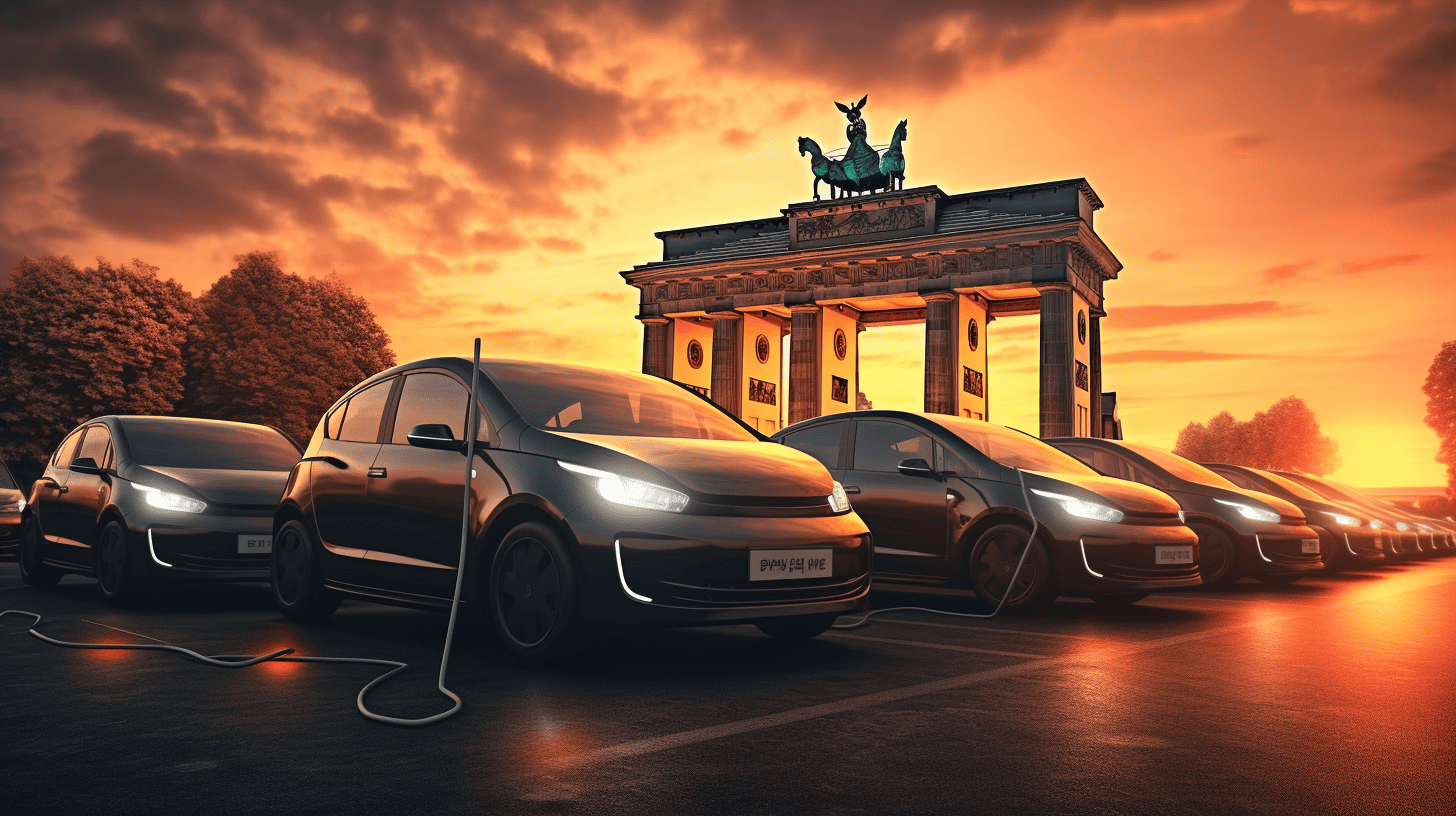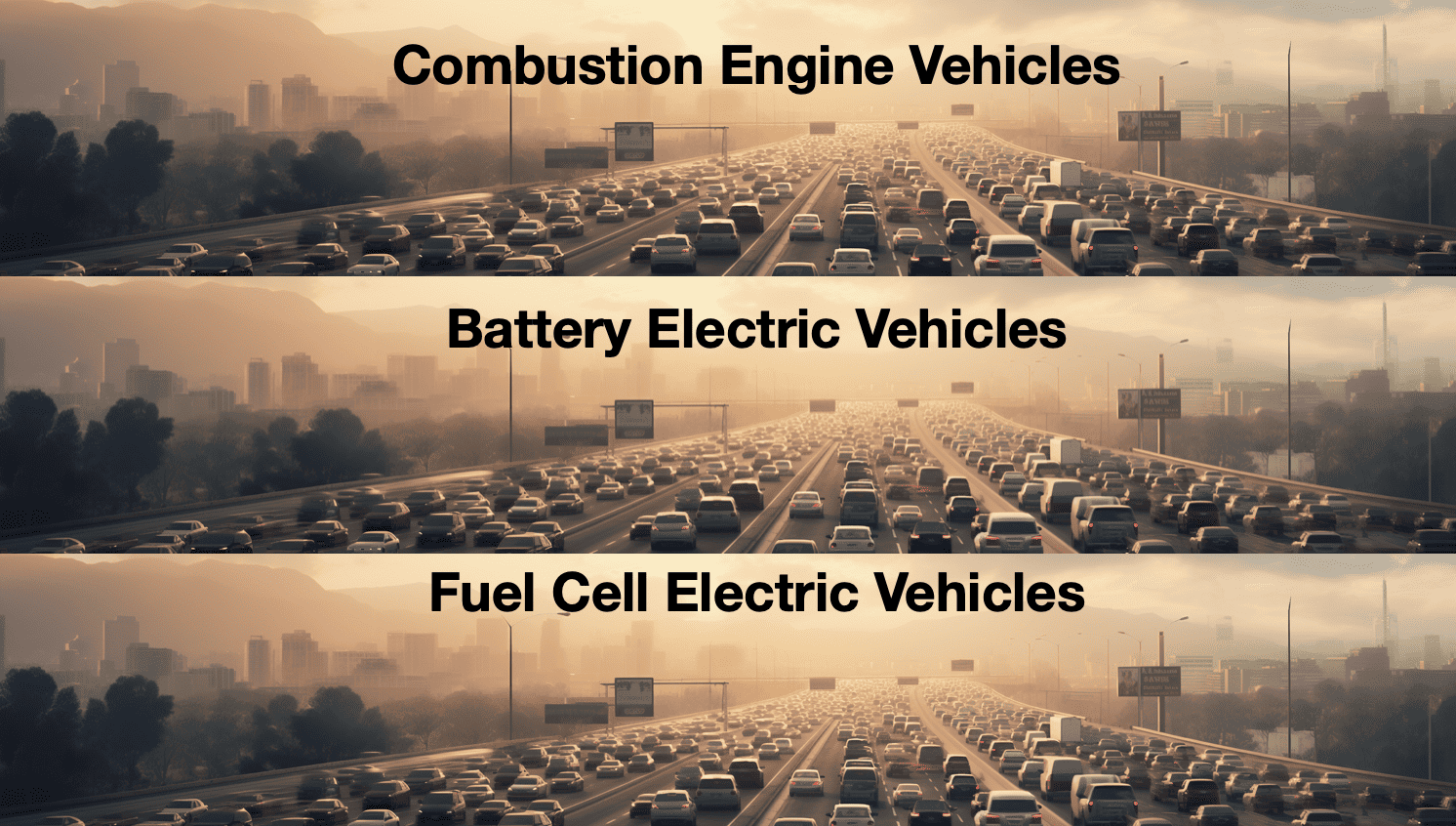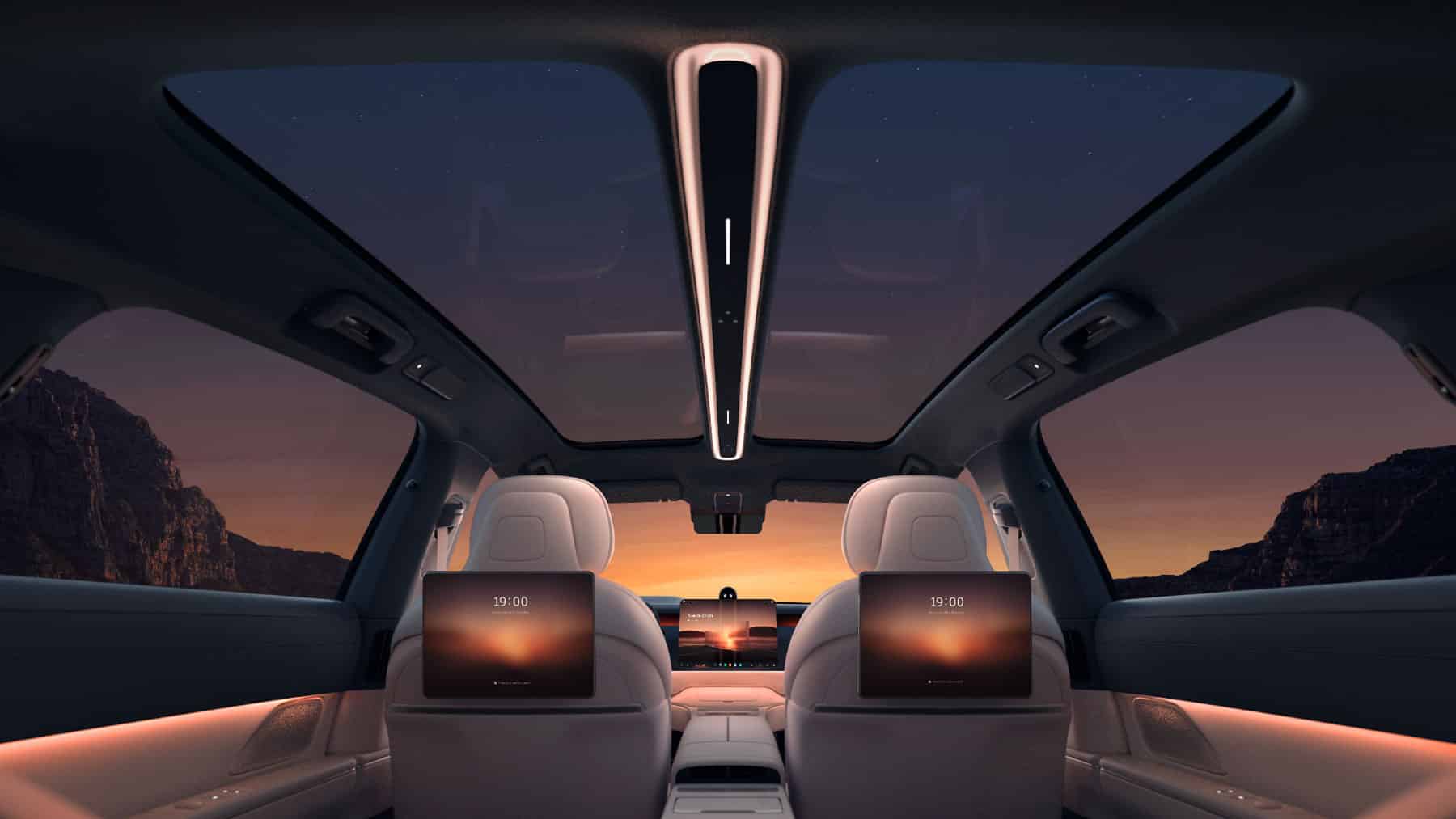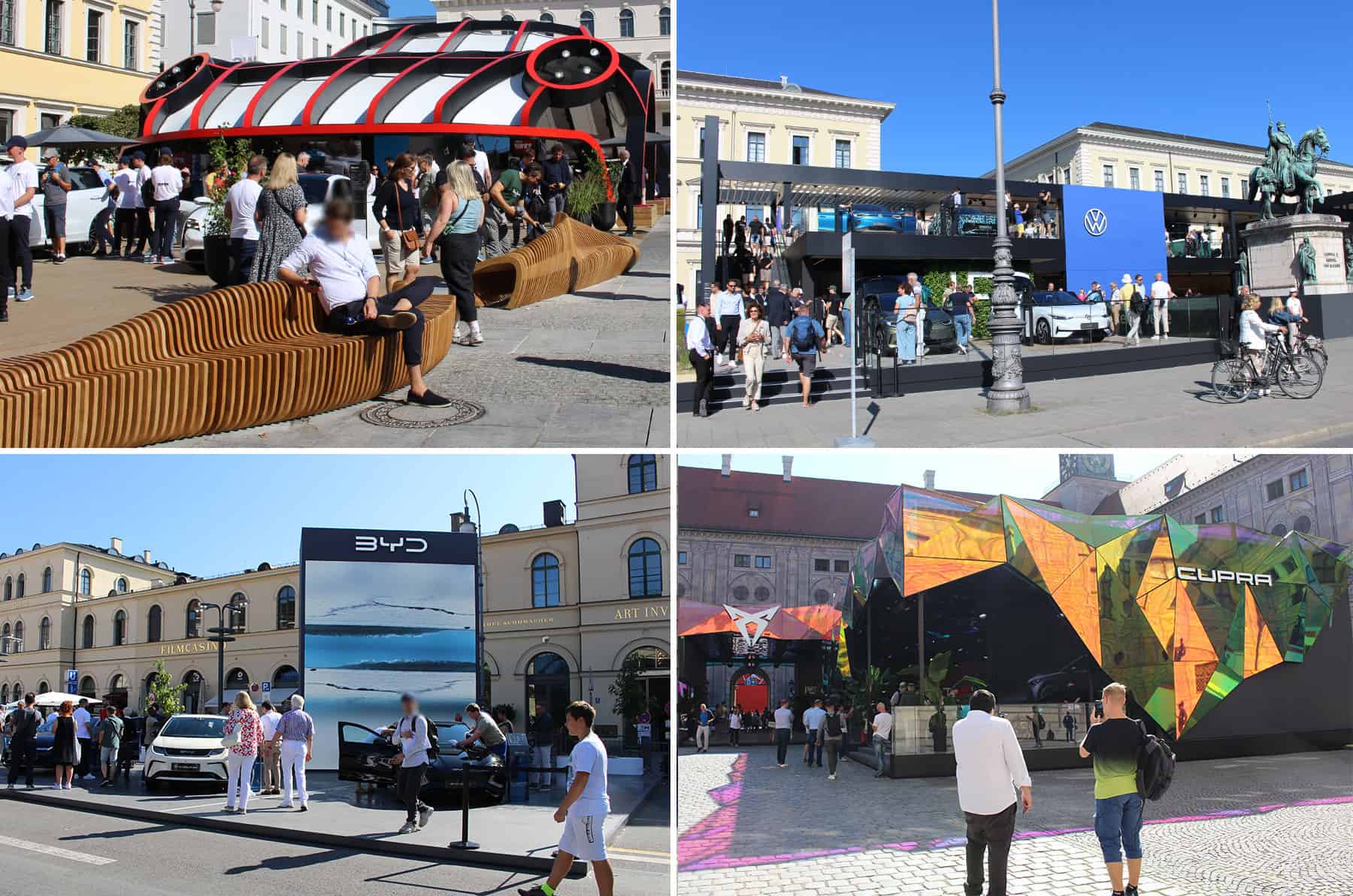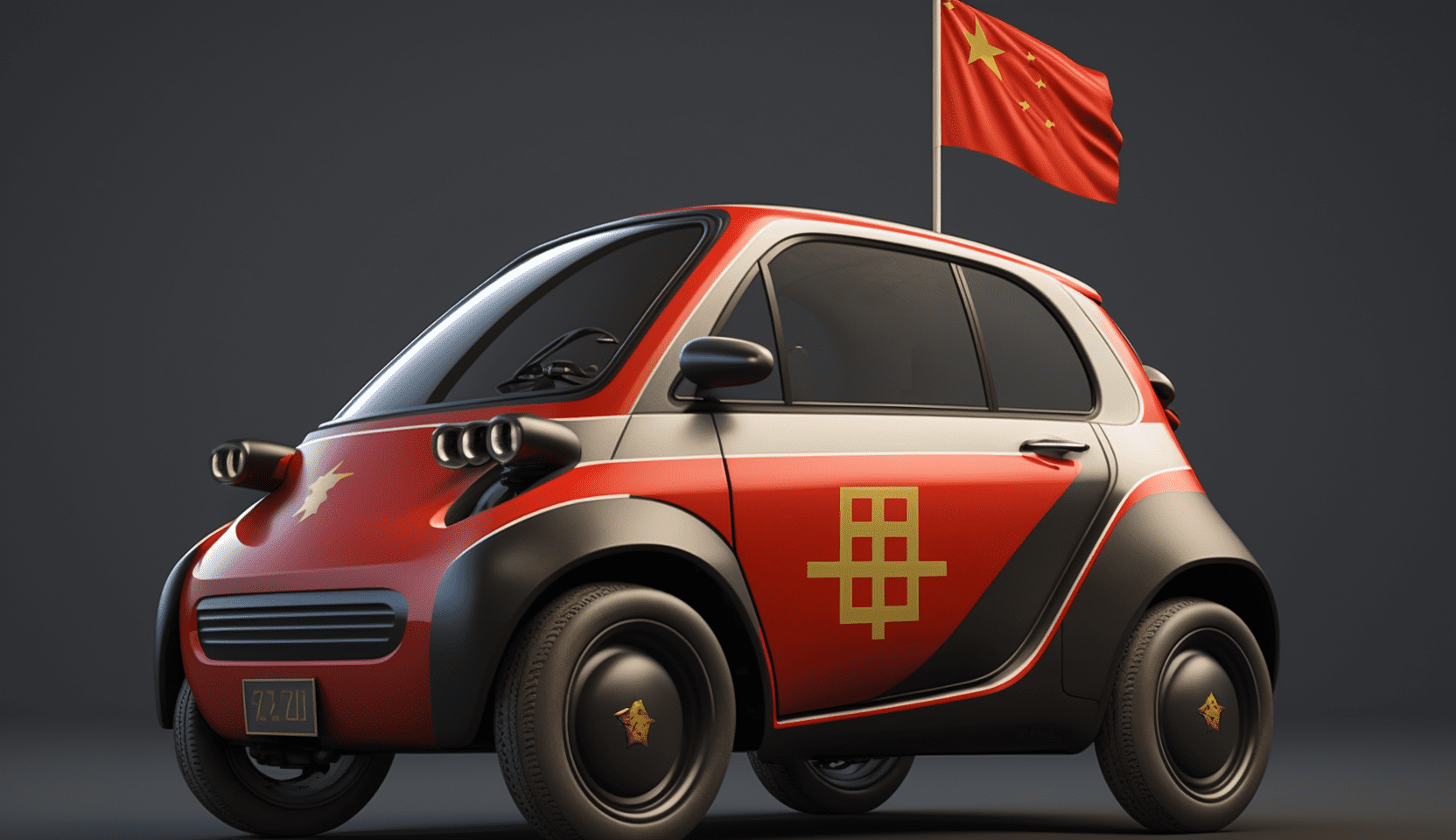
Just two years ago, the German auto industry was in complete disagreement. Apart from VW CEO Diess, no one wanted to commit to electromobility. Indeed, people predicted VW’s demise if the company focused on electric cars.
At the time, almost every German OEM had a government-subsidized hydrogen project underway. Daimler was building a small batch of hydrogen SUVs, Audi got involved with a hydrogen A7 called the h-tron, and BMW is still making a splash with its converted X5 that is scheduled for a small-scale launch in 2022.
Opel, now part of Stellantis, went even a step further, unveiling an H2 PHEV last month. Not in the passenger car segment, however, but as an LCV (light commercial vehicle) for craft and trade businesses and delivery services.
Put on hold
Nevertheless, disillusionment seems to have set in at the German management level, because in addition to Daimler, the VW Group has also put further development of the fuel cell in the passenger car sector on hold. Like his U.S. colleague Elon Musk, Diess even spoke of the “foolcell.” Suppliers such as Bosch and Faurecia, on the other hand, are continuing to focus on the fuel cell drive, albeit more in commercial vehicles. This also applies to well-known truck manufacturers such as Daimler Trucks, Volvo and others.
And then there are the German regulars. Whole legions of “gasheads” categorically refuse to believe in an electric car revolution and are “waiting for hydrogen.” Their “gut feeling” tells them that hydrogen will be the only alternative to the combustion engine. After all, “refueling” is just as fast as ever.
Unfortunately, the reality is different. The hydrogen car was not killed by an ominous “electro-lobby”; it is simply not competitive in its current form.
Breakthrough
Five key disadvantages are preventing a “breakthrough”:
- Cost – fuel cell vehicles are significantly more expensive than electric vehicles.
- Convenience – the number of H2 refueling stations in Europe is still extremely small
- Performance – even the most advanced H2 cars, such as the new Toyota Mirai, are not really true “driving machines” like, for example, a Tesla Model 3
- Environment – the demand for “green hydrogen” can only be met by expensive electricity generation from renewable sources. Studies suggest that more than five times more wind and solar power than is currently installed would be required for a significant hydrogen industry.
- Competition – OEMs have overwhelmingly opted for the all-electric car.
So why are so many German politicians like Economics Minister Peter Altmaier and a number of business leaders like Bosch CEO Volkmar Denner invoking hydrogen in personal transportation? That is and remains the great mystery of 2021. However, “the market” of “early adopters” seems to bring more clarity here. In the month of April, the increase in registered electric cars in Germany was around 414 percent compared to the same month last year.
About this column:
In a weekly column, alternately written by Eveline van Zeeland, Eugene Franken, Helen Kardan, Katleen Gabriels, Bert Overlack, Carina Weijma, Bernd Maier-Leppla and Colinda de Beer, Innovation Origins tries to find out what the future will look like. These columnists, occasionally supplemented by guest bloggers, are all working on solutions in their own way on the problems of our time. So that tomorrow will be good Here are all the previous articles.



